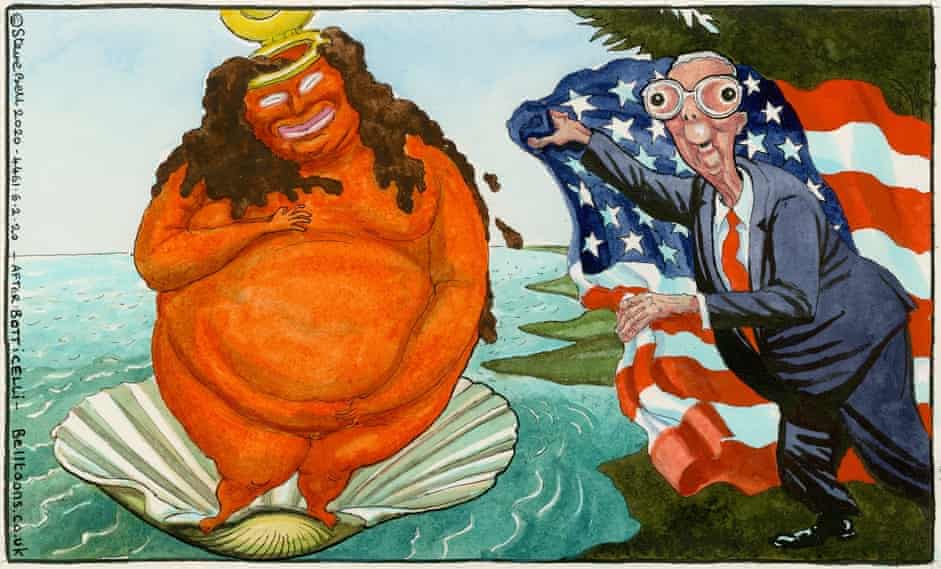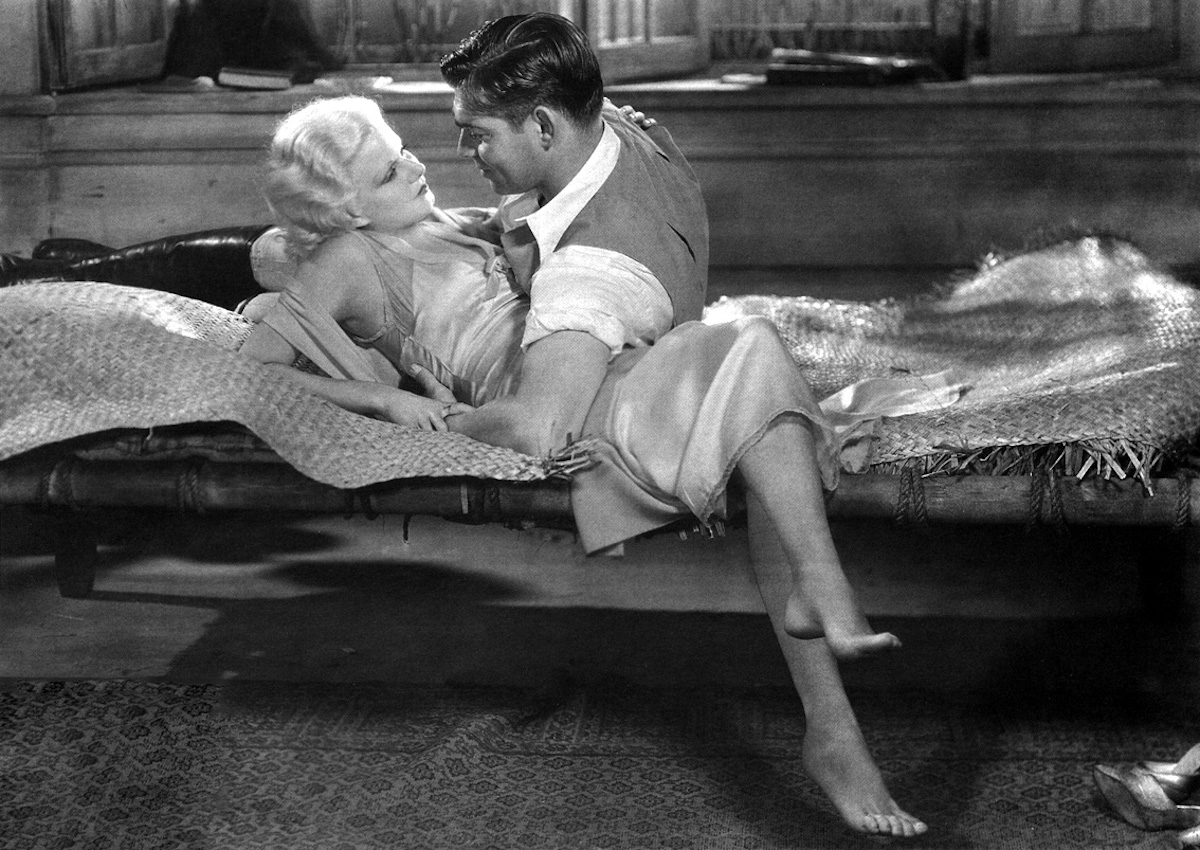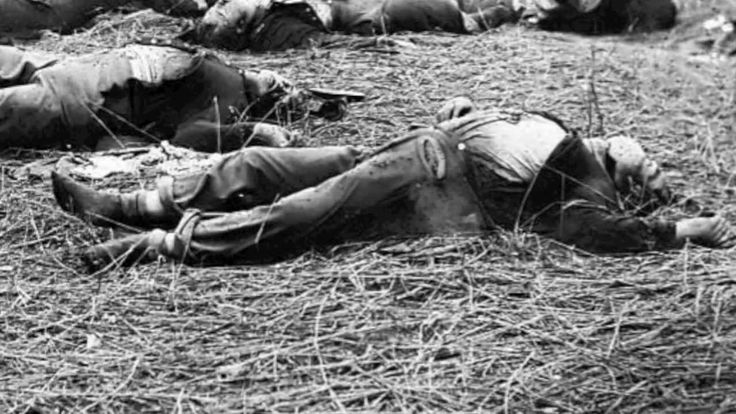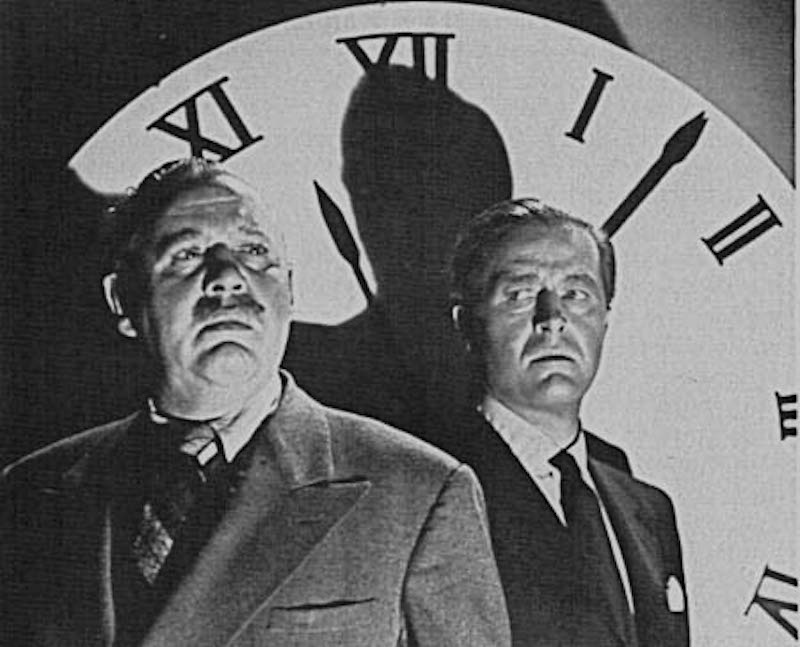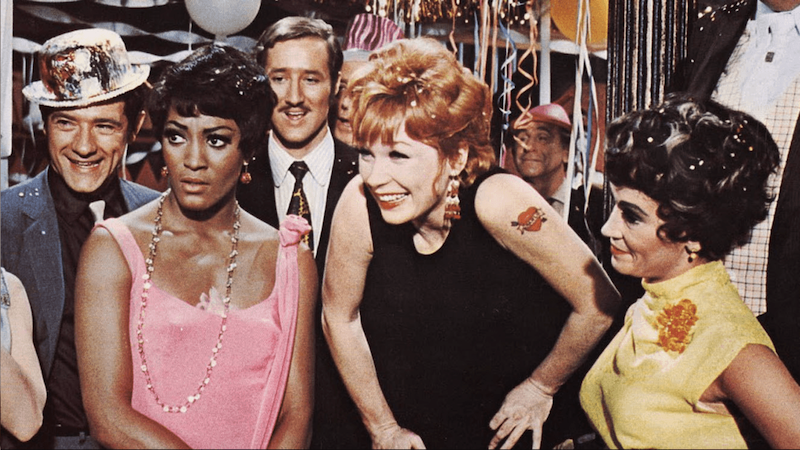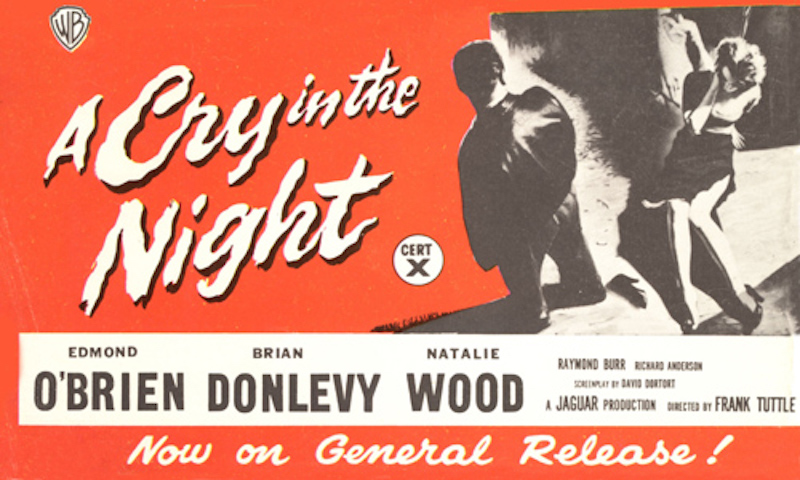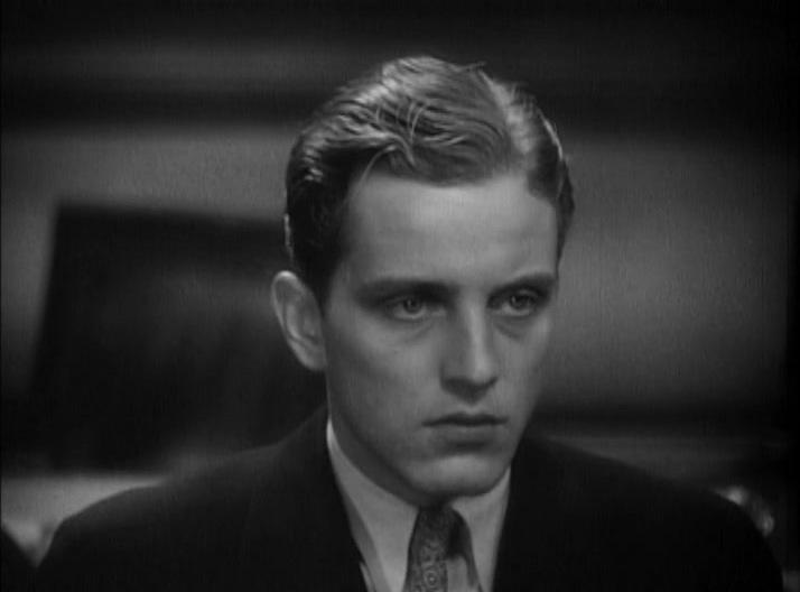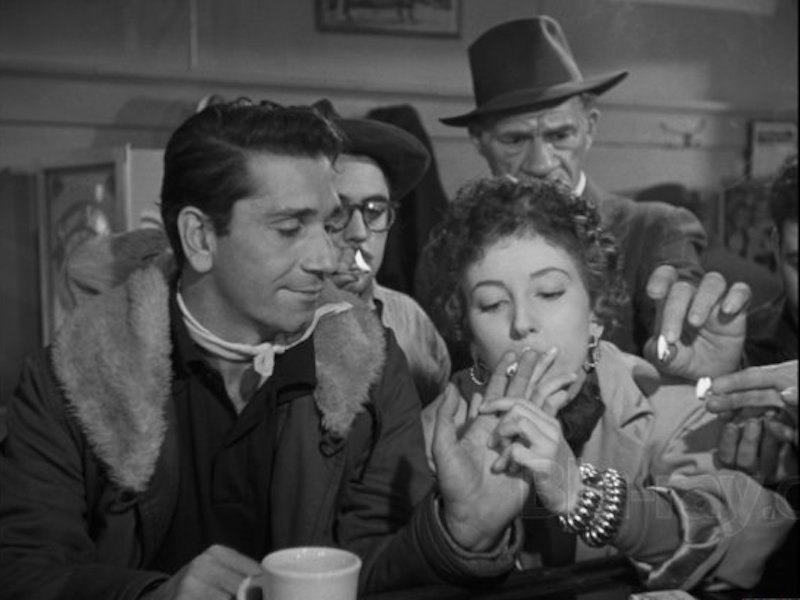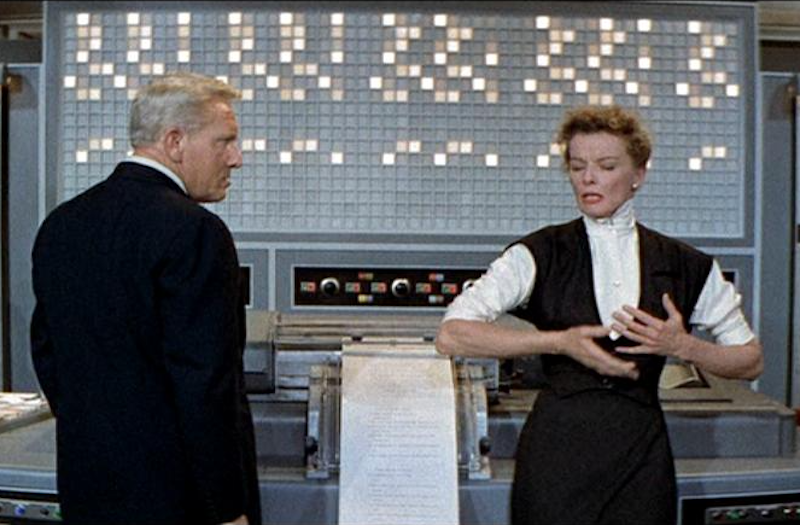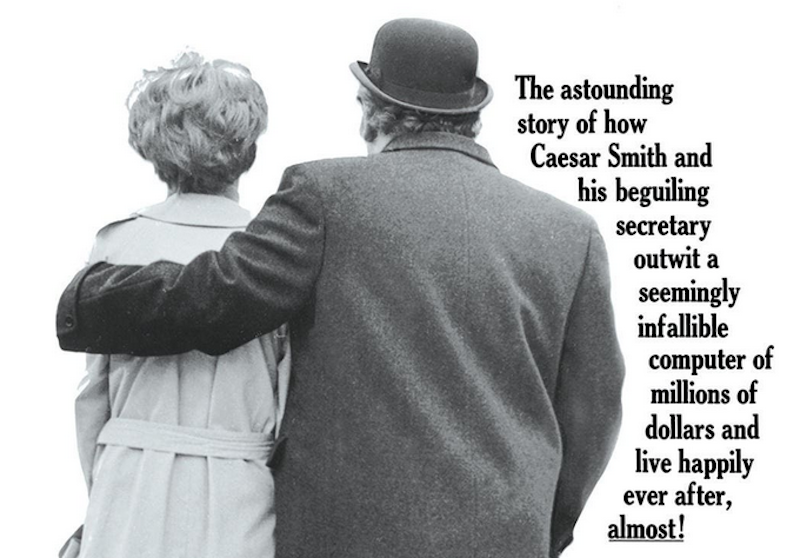If we are to have another contest in the near future of our national existence, I predict that the dividing line will not be Mason and Dixon's but between patriotism and intelligence on the one side, and superstition, ambition and ignorance on the other.
Category: United States
An 80-year-old Letter
Beginning of the End Day—Year 80
"Instead of "Thank you for your service," try, "We're sorry you had to expend your blood, sweat, tears and toil to clean up our monumental failings." Every time you meet one of the dwindling numbers of WWII veterans (and those of all the other magnificent little American wars we've fallen into), keep your mouth shut and your brain focused on peace. These "Greatest Generation" folks answered the bell and won the fight. We might not be as blessed next time."
Christmas Day 2021
Three drone videos from some Christmas Day flying over Music City, 2021. Enjoy.
#EmptyThePews
"FRICKIN’ HOLY MARY MOTHER OF GOD! JESUS MARY AND JOSEPH! POPE PAUL VI AND ALL THE SAINTS! AND DEAR GOD WHY ARE ALL THESE WOMEN IN EXPENSIVE ULTRASUEDE DRESSES RUNNING UP AND DOWN THE AISLES SCREAMING THEIR FOOL HEADS OFF???!!!!!"
It was a Cold and Boring Night
"To me, as a gay boy, hugging another boy was perfectly natural. It always has been, it always will be. I always felt instinctively somehow that people would disapprove and say I was naughty. And I always felt instinctively that I knew what I wanted and I was going to have it and all those disapproving people could just go suck eggs and pound sand. Even at the height of the worst spiritual and sexual repression that Oklahoma and its churches could dole out, my inner belief has always been the same. There's nothing wrong with me. I've known who I am and what I wanted since I was at least five. And everyone else who is not onboard with that can go over Niagra Falls without a barrel."
(Re)Birth of Venus
Shit overflowing.
Movie Night: Red Dust
"The attraction here isn't really the cultural relic/curiousity value, it's the variation of the old man meets woman, they hate each other, they clash with sparkling dialogue and then end up together 'til death they do part. This bit has been done to death in Hollywood's 100+ year run, but it can be freshened and redeemed if the scriptwriter is up to the job."
American Civil War Casus Belli: African Negro Slavery.
Let's be clear: The war was about slavery, from first to last. And after the gun stopped firing, the war continued in multiple ways that all-too-often includes violence and murder.
Movie Night: Born Yesterday
"Born Yesterday is pretty fabulous. At least until it sinks in that it's just as applicable today (especially today!) as it was in 1950. In that year, it could have been warning against the House Un-American Activities Committee, which ultimately wrecked lives, but failed. But today, the movie is depressing when you realize that Broderick Crawford's Harry Brock is in charge of the country, the Senate and the judiciary and is sitting in the White House tweeting."
Donelson Renovates
Not much can be done about the traffic volume as long as Metro and the State are devoid of ideas or even the hint of wanting to think about possible solutions. Nashville is drowning in traffic, but no one has the will or money to do anything about it.
The Indictment
"Senate Republicans are setting a dangerous precedent that threatens the republic itself. I'm not naive enough to think they would hold Democratic presidents to the low standard they've applied to Trump, but all future presidents will be able to point to Trump to justify ..."
What We Hath Wrought
RIP Amara Renas and all the other unknown women and men and children. May you haunt our collective memory forever.
Normandy 2019
Tragically brilliant.
Movie Night: The Big Clock
"Regardless of whether you saw it then as scandalous that such perversions were being exhibited in public theaters or whether you see it now as being stereotypical, offensive and overly focused on white, male, straight actors and queer panics and Italian stereotypes, to wit ... offensive!! ... there is much to actually be loved here."
Movie Night: Sweet Charity
"The songs and dances, Shirley MacLaine and Cita Rivera, et al, were great; it's just the stuff in between that is less than satisfying."
Movie Night: Strait Jacket
"The bonuses here are George Kennedy as a farmhand foreshadowing by 22 years Billy Bob Thornton in 1996's Swing Blade ("I like them French fried potaters."), all the Pepsi placement, and Lee Majors in pre-Six Million Dollar Man mode, along with his very hairy chest, fluffily rising and falling just before the axe falls."
Movie Night: A Cry in the Night
"Whatever the novelty of seeing goodie two-shoes Perry Mason as a Peeping Tom/Kidnapper, it's Carol Veazie who is the standout."
Movie Night: The Ritz
"Regardless of whether you saw it then as scandalous that such perversions were being exhibited in public theaters or whether you see it now as being stereotypical, offensive and overly focused on white, male, straight actors and queer panics and Italian stereotypes, to wit ... offensive!! ... there is much to actually be loved here."
Movie Night: An American Tragedy
"Basically, amoral social climber from poor background seduces poor factory girl, gets her pregnant, wants to marry a rich socialite and so kills poor factory girl by smashing her in the head with his tennis racket and dumping her body in a lake, fakes a canoe accident, trips self up by being basically an idiot, dies in electric chair after mercy is refused by Governor Charles Evans Hughes."
Movie Night: Thieves’ Highway
"Thieves' Highway is a classic Noir tale of truckers and apples and greed and sex and San Francisco and California and highways and death."
Movie Night: Apollo 11
"It's a magnificent bit of cinema and well-worth watching, especially on this day. It freshly reminds you of just exactly how incredible the achievement of half-a-billion people, represented by three men, was, in an incredibly difficult decade."
Movie Night: Desk Set
"Not only is it hilarious, it has fabulous midcentury (ugh, that word) interiors, jokes only librarian/book/research nerds understand, an awesome supporting cast including EMERAC and Kate gets to get blotto and talk about the "Mexican Avenue Bus" (the Lexington Avenue Bus, that is)."
Movie Night: Hot Millions
"There's a lot more than just smiles to recommend this one–ts droll English humor, its glimpse at fashions and designs and trends of 1968, the fantastic acting of everyone, including the performance of Bob Newhart, whose movie outings are often forgotten, the sarcastic wit and the satire–it's a long list and will need a second viewing to get it all."
On Crime and Punishment This Fourth of July
"It's well worth a challenging read-and-think on everyone's part at this particular moment in the country and society."
Pocket Guide to France, or, Onward to Parisian Mademoiselles
"You are a member of the best dressed, best fed, best equipped liberating Army now on earth. You are going in among the people of a former Ally of your country. They are still your kind of people who happen to speak democracy in a different language."
Beginning of the End Day
"Instead of "Thank you for your service," try, "We're sorry you had to expend your blood, sweat, tears and toil to clean up our monumental failings." Every time you meet one of the dwindling numbers of WWII veterans (and those of all the other magnificent little American wars we've fallen into), keep your mouth shut and your brain focused on peace. These "Greatest Generation" folks answered the bell and won the fight. We might not be as blessed next time."
Paranoia, Fear, Terror and Facebook, et al.
"Insane levels of fear and control and succumbing to terror. We are a nation which is perhaps the most fearful of all countries."
Corporate Power
"Many states whose sovereignty is threatened are now finally waking up to the danger. But is it perhaps already too late to do anything about the seemingly over-mighty corporations?"
Where Are the Bodies? We Have an App for That.
"The information presented is stark and perhaps unsettling."
No Slope, No False Equivalency. Just the Same. Damn. Thing.
Immoral, indecent, inhumane. ... We are running concentration camps and human beings are dying.
The Wages of Sin, America, is …
"It is impossible to engage in intellectual discourse with National Socialist Philosophy. For if there were such an entity, one would have to try by means of analysis and discussion either to prove its validity or to combat it. ..."
Sieg …
"DEEPLY OFFENDED that a child refused to say the Pledge of Allegiance bc freedom is all about mandatory loyalty oaths."
118 Years of NYTimes Focus Countries
Whew. Long title, fabulously fascinating graphic.
11:00 | 11-November-1918
100 years ago today, at the eleventh hour of the eleventh day of the eleventh month of 1918, the guns along the 440-mile line stretching from Switzerland to the North Sea fell silent. The war started 1 August 1914 just as German Chancellor Otto von Bismark once famously predicted around 1884, by "some damned fool thing in the Balkans;" in this case, the assassination of Austrian Archduke Franz Ferdinand in Sarajevo, a city of agony in the 20th century). But on 11 November 1918, it was finally "all quiet on the Western Front."
Every Building
"On this page you will find maps showing almost every building in the United States. Why did we make such a thing? We did it as an opportunity for you to connect with the country’s cities and explore them in detail."
Squeezed to Death
"On every airline flight, a crew member talks to passengers in the exit rows to see whether they can, as Federal Aviation Administration regulations specify, “pass expeditiously through the emergency exit” if needed. Given how passengers have grown in inverse proportion to the spaciousness of airliner seats, anything like “expeditious” evacuation of an entire airliner seems doubtful."
Atomic Poetry
On 1-Jun-1945, six weeks after the death of Franklin Roosevelt, new U.S. President Harry Truman convened a meeting to update the status on and debate the use of the soon-to-be-born atomic bomb. But first, at the Pentagon, a group consisting of James Byrnes (soon to be Secretary of State), generals George C. Marshall and Leslie...
Remembering the Past
Remembering Bill Schock on his 100th birthday … and the 52nd anniversary of Braniff 250 in Falls City. Also … feeling old from … time flying and stuff. Since the AM2431 crash in Durango a few days ago appears to be from weather-related causes, never forgetting the lessons of BN250, as well as CO426, OZ809,...
Warm Summer Night
Is there anything better than a warm summer night playing in – er, rather sitting near the lawn sprinkler under a street light while watching the 21:00 evening arrivals at KBNA? Well, maybe if I was still 10 …
For Bill
Back in 2014, I included a chapter in my book detailing Bill Schock's war experiences as they related to his reporting on the crash of Braniff International flight 250 in 1966.
A Final “Hangin’ Out the Warsh”
«This is Bill’s final column» out of countless ones he wrote over 71 years for the Falls City Journal. With this column, he said farewell; the Journal has been sold and moved to a much smaller space in downtown Falls City which it had occupied until 1950. It’s all extremely symbolic of the state of...
More Grief
This is kind of like how I feel about my (possibly four) upcoming surgeries: I don’t want to do this, but I have to, and I hate it. Received a kind e-mail yesterday telling me of the death of Bill Schock of Falls City, NE, on Thursday evening, six weeks short of his 100th birthday....
That Curtain-y Feeling
That feeling you get when you hang your first curtains in the first house you ever owned? Priceless. Posted by Steve Pollock on Monday, April 30, 2018
Welcome to the Neighborhood
The moment when you close on your house and your new neighbor welcomes you with a giant batch of chocolate chip… Posted by Steve Pollock on Monday, April 23, 2018
Shooting Up the Waffle House, Naked
In all this pouring (and pouring and pouring) rain, how difficult is it to find a naked man running around after he assaulted a Nashville Waffle House at 3 a.m. with an AR-15 and killed four people? And this after he was arrested last July by the Secret Service for being in a restricted area...
Closing Tomorrow
Closing on the new house at 11 a.m. tomorrow! VERY happy. His Majesty is preparing final addresses for the Cats of Saddlebrooke/Hermitage, then he and the Royal Court will be off at the end of the week to invade and conquer the new land of Jonesboro/Nashville. Wish him luck; there is a very giant, very...
Entitle This
Rep. Larson Slams GOP for Labeling Medicare and Social Security 'Entitlements' Congressman John Larson (D-Conn.) scolded Republicans in a fiery speech on Thursday, criticizing their use of the word "entitlements." "Newsflash! It's the insurance that the American people have paid for." Posted by IJR Blue on Friday, April 13, 2018
Moving to Donelson
On the road again … Moving packing has begun! Heading back to Donelson (yay!) to a smaller house (yay!) with no… Posted by Steve Pollock on Thursday, April 12, 2018
Deer Tracks
With the recent freeze/heat weather cycle, the Saddlebrooke Deer Herd are a little pressed for food, it appears. The… Posted by Steve Pollock on Wednesday, April 11, 2018







